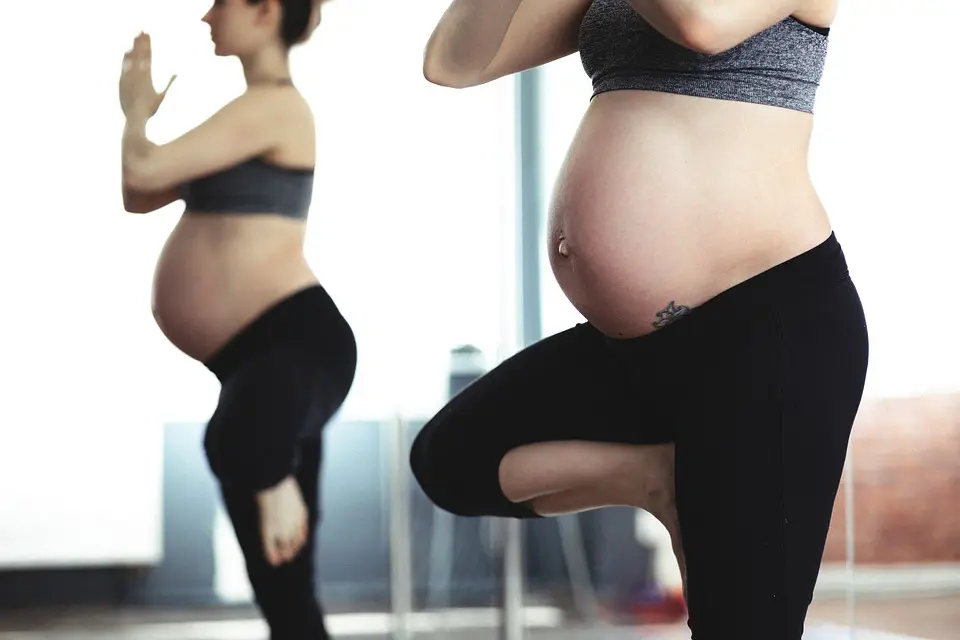Having a baby doesn’t mean that you can’t stay active and exercise during pregnancy. Exercising while pregnant can be good for you and your baby. During pregnancy your body undergoes lots of changes that can unfortunately come with a number of common health problems. The good news is that regular exercise can help to relieve some of these pregnancy related issues.
Why Exercise?
Exercising during pregnancy can help improve your energy levels, sleep and mood. It can reduce stress, ease back pain and reduce the likelihood of varicose veins, swelling of ankles and feet and generally just improve your health and wellbeing.
It is important that you choose the right type of exercise, pregnancy itself can be exhausting and most probably the last thing you will feel like doing is exercising but if you incorporate gentle, regular exercise into your day you will find it will improve your energy levels, sleep and will most certainly help to build up your stamina for labour. Gentle exercise could include walking, swimming aqua aerobics or Pilates or parental yoga. Light core exercises can help with backache, gaining a stronger core can be helpful for labour.
Try and keep up your daily physical activity or exercise for as long as you feel comfortable , Of course if you weren’t active before you were pregnant don’t suddenly take up strenuous exercise and if you are starting a new exercise plan , inform your GP or midwife first and also let your gym instructor know that you are pregnant, and start gradually, begin with no more than 15 minutes of continuous exercise a few times a week, you can then increase this gradually to maybe a 30 minute session three or four times a week.
Exercise is not dangerous for your baby, there is some evidence that active women are less likely to experience problems later in pregnancy and labour, but of course you must stay safe and not overdo it. Do not exhaust yourself, as a general rule you should still be able to hold a conversation as you exercise when pregnant. Drink plenty of water before, during and after exercising, warm up and cool down before and after exercising.
Do not take part in contact sports where there is a risk of being hit, such as kickboxing, judo or squash, or any sports that could risk a fall such as horse riding, cycling or ice skating, basically avoid bumping your bump. Also avoid any exercise that involves you lying on your back for prolonged periods, particularly after 16 weeks, because the weight of your bump can press on the main blood vessel bringing blood back to your heart, this can make you feel faint.
Even just a 15-30 minute walk a day can be beneficial to your health whilst being pregnant, also pelvic tilt and floor exercises, these will strengthen the muscles of the pelvic floor, which come under great strain in pregnancy and childbirth.



